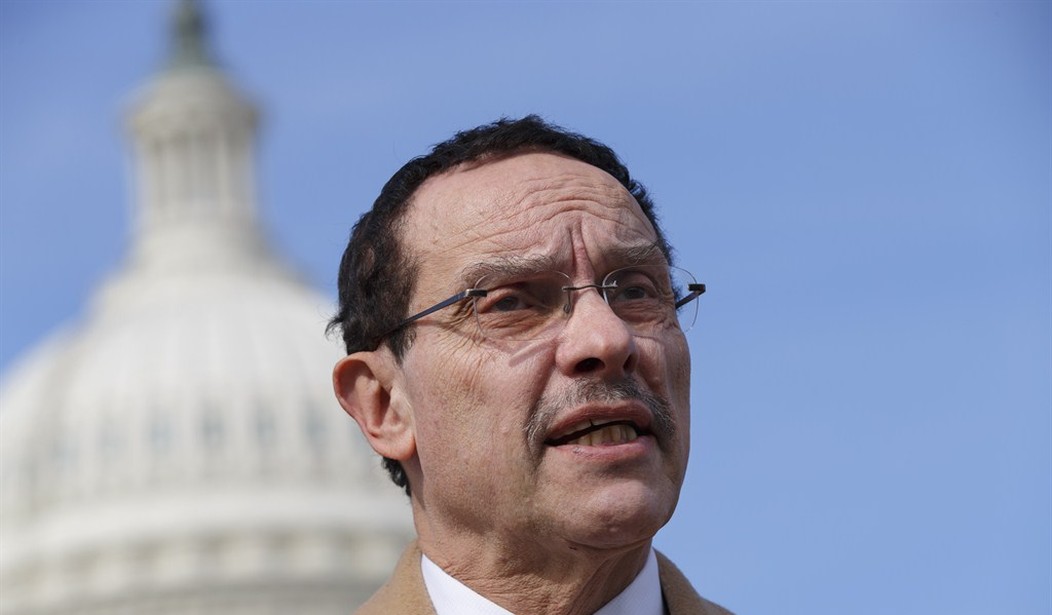On Monday, the mayor of DC signed legislation decriminalizing the possession of marijuana weighing less than one ounce. Possessing pot in the nation’s capital, in other words, may soon be a civil violation, according to Reuters:
District of Columbia Mayor Vincent Gray on Monday signed a bill that decriminalizes possession of up to an ounce (28 grams) of marijuana in the U.S. capital.
The law makes possession a civil violation with a penalty of $25, lower than most city parking tickets. Possession had been a misdemeanor carrying up to six months in jail and a $1,000 fine.
"He did sign it this morning," said spokeswoman Doxie McCoy. Gray is facing a tight race in the Democratic primary on Tuesday after being tarnished by links to a campaign finance scandal.
Proponents had backed the marijuana measure as an issue of fairness. A study by the American Civil Liberties Union had shown that blacks in Washington were eight times more likely to be arrested for pot than people of other races.
While advocates for ending the so-called “War on Drugs” will see this as a major victory, the U.S. Congress will ultimately have the final word as to whether or not the legislation becomes law:
Marijuana remains illegal under federal law, and the District's new measure will face review by the U.S. Congress, which is granted the power to oversee local laws by the U.S. Constitution.
The measure will now face a 60-day congressional review.
Recommended
For what it’s worth, the legislation has been sitting on Mayor Gray’s desk for quite some time. One wonders, then, if his decision to sign the bill yesterday of all days was politically calculated. After all, residents of DC will head to the polls today to nominate their Democratic candidate for mayor. And, as the Washington Post points out, the winner will almost certainly go on to win the general election:
In every modern mayoral election in the heavily Democratic District, the winner of the primary has gone on to be mayor.
After leading by double digits in polls early in the year, Gray’s ability to keep voters focused on his stewardship of the city’s growing economy was shaken in early March when a major campaign donor pleaded guilty to illicit spending on behalf of Gray’s first mayoral bid four years ago.
From a field of seven challengers that includes three other council members, Bowser emerged as Gray’s main competitor. In a recent Washington Post poll, the two were locked in a statistical dead heat.
As Sen. Rand Paul (R-KY) and many others have noted, the last two presidents of the United States have admitted to smoking and/or ingesting marijuana. If they had been caught with illicit drugs in their youth, then, it’s fair to say that their lives would have been irrevocably changed, and U.S. history might have been different.
Thus common sense laws that don’t necessarily condone illicit drug use -- but at the same time, don’t punish marijuana users so harshly that they go to prison and then have trouble finding housing or gainful employment later -- are laws one hopes would garner widespread recognition and approval.
I think this is a step in the right direction. A drug offense charge can reduce people to despair and hopelessness, and I don't want to see those who make stupid mistakes in their lives get left behind; I want them to have a second chance at what Abraham Lincoln called “the race of life.”

























Join the conversation as a VIP Member